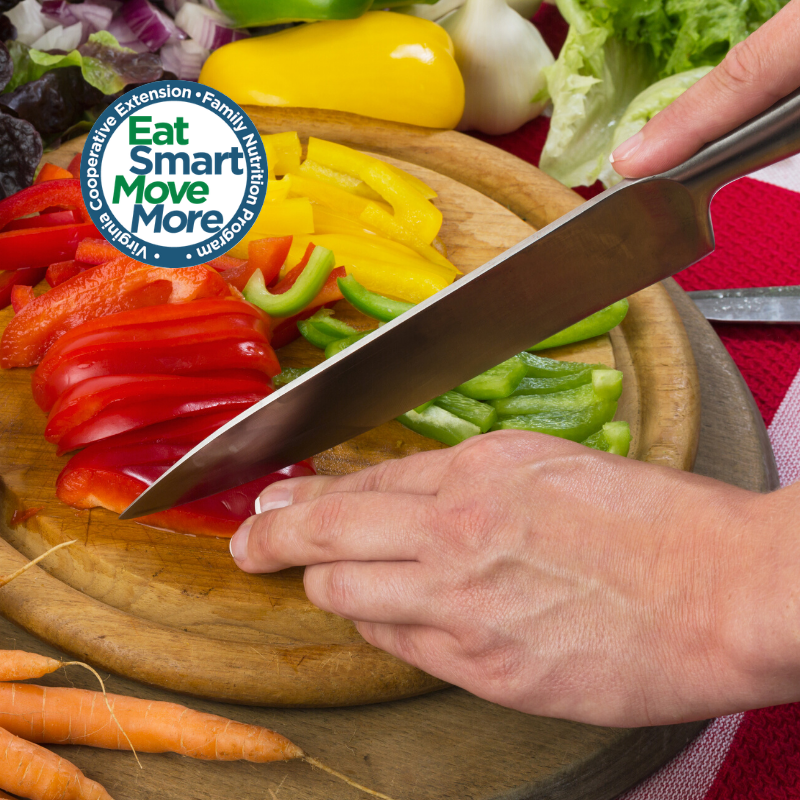Create new healthy eating habits that will carry you through to the next decade. Eating smart provides all the basic nutrients you need for good health, helps prevent chronic diseases, and can set your children up for a lifetime of good eating habits. To help you achieve your resolutions for eating smart, check out our advice and resources to help you kick off 2020 right!
Resolution Reality Check
Is your resolution:
- SMART? Specific, Measurable, Achievable, Realistic, and Time-based. You’ll know exactly what you’re working towards, how often you’ll do it, and how to know if you’ve accomplished it.
- Evidence-based? The Dietary Guidelines for Americans and MyPlate are based on the best scientific evidence for optimal nutrition.
- Broken down into small steps that add up over time? While some people can accomplish drastic lifestyle changes, many people get overwhelmed (and demotivated) when changing too much too fast. Once you’ve picked your goal, be sure to spend some time making a plan to change.
Resources for success:
Goal: Make half your plate fruits and veggies. Fruits and veggies are full of important nutrients and low in calories. Most Americans aren’t eating the recommended 5-9 servings a day for good health. Set a goal to make half your plate fruits and veggies for 1, 2, or 3 meals each day.
- Make Half Your Plate Fruits and Veggies on a Budget
- Cooking Hacks to Eat More Vegetables
- Fresh Fruit and Vegetable Month 2016
- Eat a Rainbow!
- How Do I Cook This? Advice for Produce From the Farmers Market

Goal: Meal plan to save money and eat smart. Meal planning is the best way to get a healthy dinner on the table. It can help you save money by shopping smart. It can also help you make better food choices by picking them out ahead of time, rather than making decisions while you’re tired/busy/hungry/rushed.
- 7 Steps to Meal Planning on a Budget
- Budget-Friendly Meal Plan
- Meal Planning with Pinterest
- Menu Planning for Busy Families
- Meal Planning Help for the Busy Family
- Menu Shortcuts
Goal: Make half your grains whole grains. Whole grains have more fiber, vitamins, and minerals than refined grains. That makes them more nutritious and helps keep you fuller longer.
Goal: Eat more lean proteins or plant-based protein foods. Lean protein provides important nutrients with less fat, making it better for your heart and overall health. Plant-based proteins are low in saturated fat, higher in fiber, and generally lower cost than animal products.
Goal: Cook more meals at home. When you cook your own meals, rather than eat out or buy prepared foods, you control exactly what goes into your food – salt, added sugars, extra fat, whole grains, etc. Cooking healthy meals doesn’t have to be hard or time-consuming.
- How to Cook for a Healthy 2019
- Cooking from Your Better Pantry
- Better Pantry Cooking Basics
- Building Strong Families Over Dinner
Goal: Keep a food diary. Tracking what you eat is a useful tool for making changes to what you eat. It can even help you make smarter choices without any extra work because you’re more likely to skip eating that cookie so you don’t have to write it down.
Are you planning to eat smarter in the new year? Share your goal or resolution with us! If you have ideas or requests for materials that will help you in your behavior change journey, let us know!

